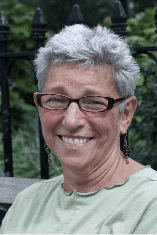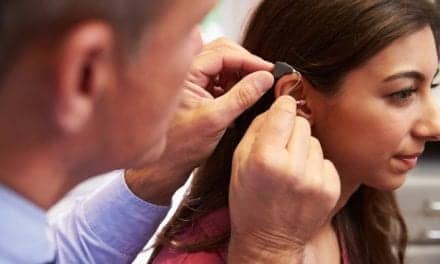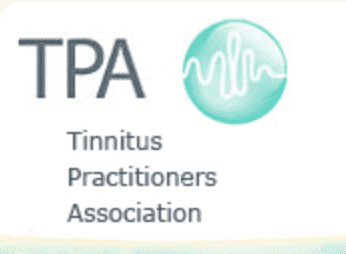By Jane Madell, PhD
This month’s Blog Page is from the February 19, 2013 blog entry by Dr Jane Madell that can be found at her Hearing and Kids blog at: hearinghealthmatters.org/hearingandkids
—David Kirkwood, HearingHealthMatters editor
Having a child with any disability is overwhelming. Hearing loss is no exception.
Caring for a typical child is an enormous amount of work, as any parent can tell you, so the stress of having a child who requires extra work is understandable. For parents who choose listening and spoken language for their children with hearing loss, there are some things that will help in developing speech, language, and listening skills.
Tips for Parents
Read to your child every day. For young children, the goal is 10 books a day. As kids get older, this can be modified to at least 30 minutes of reading. When kids learn to read, you should still read to them every day and try to read things that are a little more difficult than they can read themselves.
Sing to your child every day. You don’t have to be really good, you just have to be able to carry a tune. Singing provides a good sense of rhythm, and the tone helps them recognize the melody in speech.
Rhyming games. As kids get older, play rhyming games. Rhyming is very helpful in building phonics skills, which is critical for reading.
Play rhythm games. Clapping out rhythms is fun and a good skill to learn. Clap out a variety of different rhythms starting from something short (Daa DaDa) and building to more complex rhythms. This is a fun car activity.
Language of math. Math is really a language activity. For kids to succeed in math, they need to learn the words of math problems. How do you know if the activity is an addition, subtraction, multiplication, or division problem? How much more, how many fewer, etc, may be difficult to figure out. Many parents are not comfortable with math and may avoid doing math activities.
Take a look at a very good website about math for kids (by my husband) for some suggestions at: www.robmadell.com
Point out words on packages, on signs, and around the house. Play “sound out the word” games when you see words that could be sounded out.
Watch the sound in your house. Turn off the TV or radio during dinner. Don’t have the dishwasher running while you are trying to talk. Background music is not helpful unless it is parent directed. Try to have everyone take turns speaking. It is hard to hear when two people are talking at the same time.
Turn off the TV. Kids do not learn language from watching TV; they learn by interacting with people. So just spend time with them and talk, talk, talk.
Make hearing technology fun. It is not easy to be different. If we think about hearing aids as ear jewelry, pretty ears, etc, we will help kids have a positive view of their technology. Let them choose a color (my hearing aids are purple, not boring beige). If a child chooses a color or puts sparkles on his hearing aids, he will more likely become invested in it.
Talk, talk, talk, and talk some more. Talk all day long. It is a lot of work, but it makes all the difference in the world. There is a lot of research that shows the number of words a child has learned at age 4 is directly related to the number of words he or she has heard. Since even with the best technology a child with hearing loss will not be hearing everything, they need more input.
So just talk, talk, talk, talk, talk! Describe everything you are doing. “I’m cutting up the tomatoes, cut, cut, cut. Now I am putting them into the frying pan. I am going to cook them. I am stirring. Would you like to stir?” It can definitely get exhausting, but keep trying to remember that what you put in is what will come out of your child.

|





